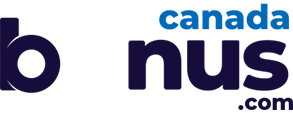Legal Gambling News, Updates, and Analysis
Latest News
Alberta’s iGaming Market Is Poised to Surge: Can It Catch Up to Ontario?
November 13, 2025 |How Alberta’s new licensing model, challenges, and player demographics will shape its ability to compete with Ontario’s iGaming industry.
Alberta Players Urged to Stay Alert as Gambling-Related Fraud on the Rise
November 7, 2025 |Online gambling scams are on the rise across Alberta and Canada, including fake casino apps, prepaid cards, and investment schemes.
Canadian Provinces Weigh AGCO Partnerships to Fast-Track iGaming Launch
November 3, 2025 |Alberta’s iGaming Act (Bill 48) could reshape the future of online gaming across Canada by partnering with the AGCO.
Alberta Faces Growing Pressure as Ontario’s iGaming Revenue Soars
October 30, 2025 |As Alberta moves closer to launching its own regulated iGaming market, can it match Ontario’s success or risk falling behind?
Play Alberta’s Partnerships: Loyalty, Tech and the Battle for Player Trust
October 16, 2025 |Play Alberta has partnered with the CFL’s Edmonton Elks, strengthening its position ahead of the province's iGaming market launch in 2026.






